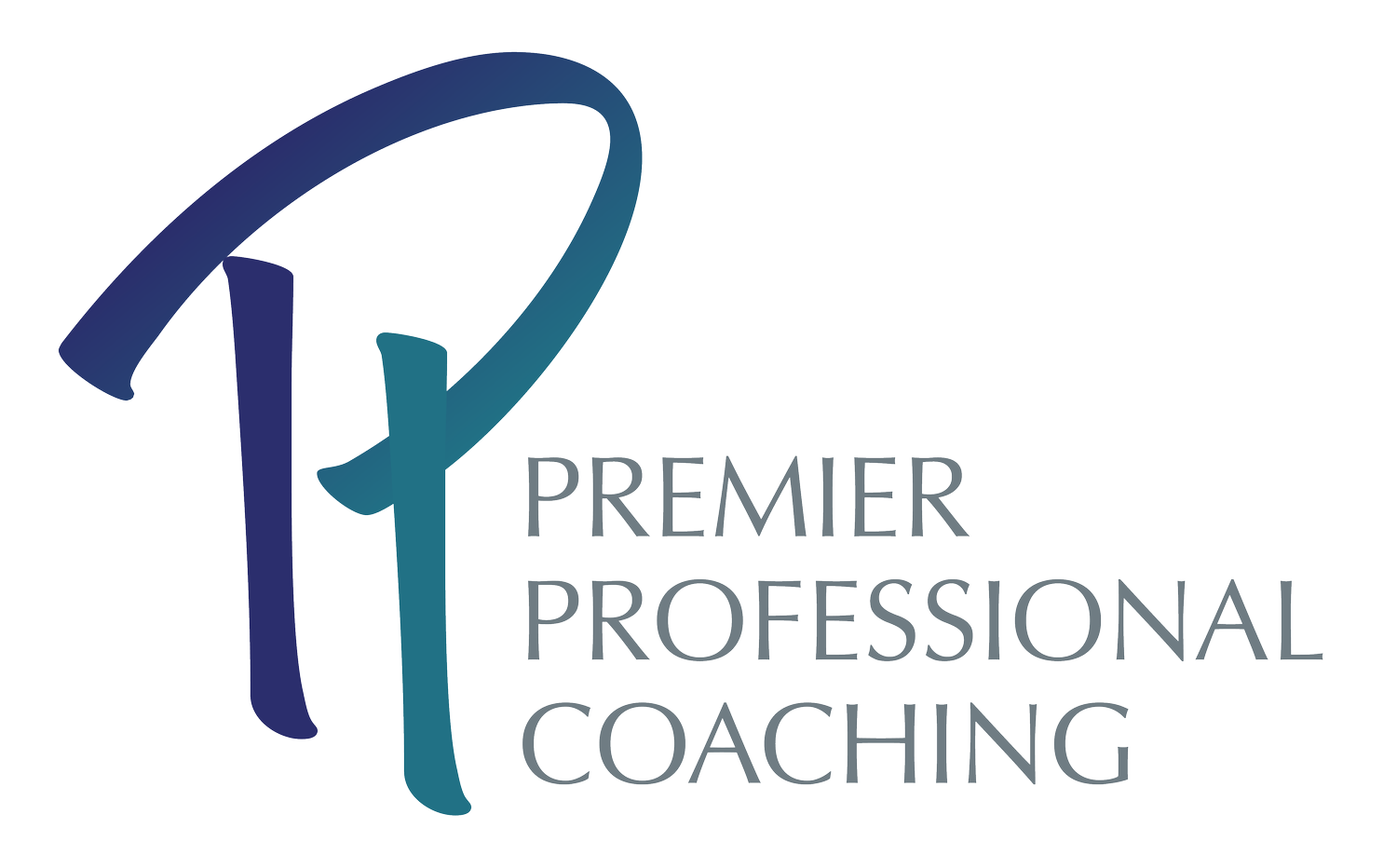Leadership Book Review Blog: Emotional Intelligence 2.0
This is my favorite type of book. It is a short, easy read and it is geared towards action and self-improvement. The book offers a code to take the Emotional Intelligence 2.0 assessment and once you have your score, there are 66 strategies for improving your emotional intelligence.
Emotional Intelligence is referred to as EQ for short and it should be noted that EQ is not IQ. In fact, one has no bearing on the other. We know that IQ is fixed. While you can learn new information and skills, your cognitive intelligence does not change. EQ, on the other hand, is flexible and can be improved.
It turns out EQ is arguably more important to career success than IQ. Several data points the authors call out are:
· “EQ is so critical to success that it accounts for 58% of performance in all types of jobs.”
· “The link between EQ and earnings is so direct that every point increase in EQ adds $1,300 to an annual salary.”
If job performance and earning potential speak to you, stick around and let’s talk about what EQ actually is. There are four components that together make up emotional intelligence.
Self-awareness is your ability to understand your own emotions and tendencies across different situations. This is the foundation for emotional intelligence because if you can’t understand your own emotions while they are happening, you won’t understand the emotions of others. People with high self-awareness understand when their emotions don’t match the intensity of the situation they are facing.
Self-management is dependent on self-awareness and reflects your ability to direct your behavior appropriately. In stressful situations, some let their emotions control their reaction and fall victim to their fight or flight responses. Those with the ability to self-manage will be able to resist the fight or flight responses and react reasonably and rationally.
Social awareness is the third component and includes the ability to observe and listen so we can perceive the emotions of others, even when we are having an emotional response ourselves. People with high social awareness can easily read a room and understand the emotions people are feeling.
Relationship management is the fourth and most complex component; it leans heavily on the skills used for self-awareness, self-management, and social awareness. This is your ability to manage interactions with others successfully over time. When you can do this, you build trust with others and that forms the foundation for success in various facets of life.
The authors specifically call out Generation Y (Millenials) as the generation that grew up with iPods and MySpace, nothing the impact that has had on their ability to self manage. I would argue that impact can be seen in Gen Xers as well, we were the ones who grew up with MySpace! On the up side, these two generations have a great capacity to learn and absorb information. Paired with a strong desire to advance our career, we (yes, I am a Gen Xer) should have EQ at the top of our professional development list.
Now that you have a general understanding of four EQ components, you can take the assessment to see your overall EQ score as well as your score in each component. While I love the content of the book and whole-heartedly believe EQ is critical to success, I am a skeptic of this assessment. I kept thinking to myself that if I have little or no self-awareness, I may answer these questions differently and would the assessment reveal that in the results? Could I unknowingly “game” the assessment? Perhaps that answer lies in the EQ certification.
After practicing the strategies outline in the book, you have the opportunity to take the assessment again to see how you have improved. Again, if you understand the language and what it looks like to have high EQ, can you answer the questions according to how you WANT to show up?
If you want to build social capital and influence in the workplace, this is a great topic to start with, and the book is easy to read and relate to. It offers valuable information as well as strategies for growth that are easy to understand.
Check out Emotional Intelligence 2.0 on Amazon.
Authors: Travis Bradberry & Jean Greaves
